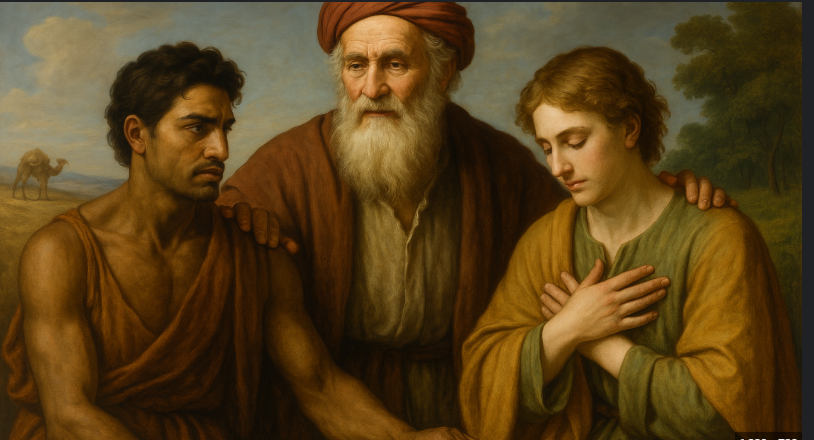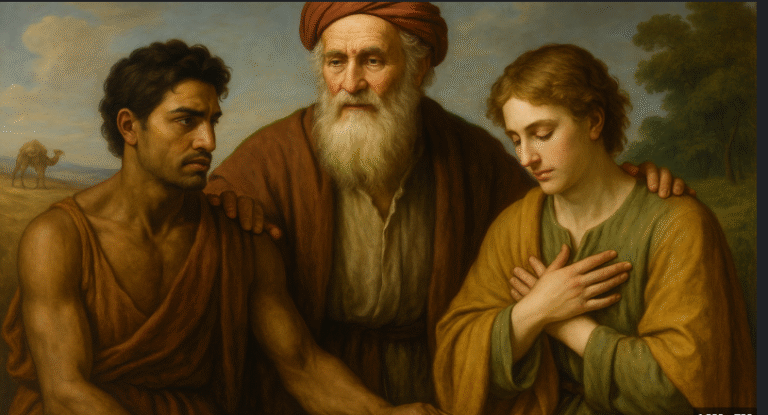Understanding Spirituality and Science
To see if spirituality and science can coexist, it helps to define both.
Science is a systematic pursuit of knowledge about the universe, based on observation, experimentation, and evidence. Science focuses on the “how” of existence: it investigates physical laws, biological processes, and the measurable aspects of reality.
Spirituality, on the other hand, is the exploration of our inner lives, personal meaning, and our connection to a larger, often non-physical reality. It encompasses practices and beliefs that foster a sense of purpose, transcendence, and oneness with the universe. Spirituality often addresses the “why” of existence, offering insights into meaning, morality, and consciousness.
These definitions reveal that while science examines the external world, spirituality often explores the internal, subjective experiences. Yet both pursue truth in their own ways, suggesting that they may, indeed, complement rather than contradict each other.
The Intersection of Science and Spirituality: Understanding Reality
One of the primary ways science and spirituality intersect is through their exploration of the nature of reality. Both aim to answer fundamental questions:
- What is the universe made of?
- Why do we exist?
- What is consciousness?
In many ways, science has expanded our understanding of reality through discoveries in physics, astronomy, and biology, revealing a complex, interconnected universe. Meanwhile, spirituality encourages us to look inward, seeking understanding in consciousness and self-awareness. When seen together, both provide a comprehensive picture—one focusing on the observable universe and the other on the subjective experience of existence.
Quantum Physics and the Nature of Reality
Quantum physics is one area where science begins to overlap with concepts often explored by spirituality. At the quantum level, particles behave unpredictably, sometimes acting as particles, other times as waves. Quantum entanglement suggests that particles can be connected instantaneously across distances, defying traditional laws of physics. For many, these phenomena challenge the conventional scientific framework and open the door to new ways of thinking about reality.
Some spiritual perspectives suggest that the interconnectedness observed in quantum physics echoes ideas of unity and interconnectedness found in many spiritual traditions. Concepts such as “oneness” and “non-duality,” central to various spiritual paths, resonate with the interdependent and connected nature of quantum particles. While it’s essential to approach these comparisons carefully, the parallels are intriguing and hint at a deeper connection between the two.
Consciousness: The Common Ground
Another profound link between science and spirituality is the study of consciousness. Science has made significant advances in understanding the human brain, yet the nature of consciousness—the experience of being aware—remains a mystery.
For centuries, spirituality has approached consciousness as a core element of existence, describing it as an essential aspect of our being that connects us with something greater. Meditation, prayer, and mindfulness practices, often rooted in spiritual traditions, help individuals cultivate a deeper awareness of their thoughts, emotions, and surroundings.
Some scientists and spiritual thinkers now propose that consciousness itself may be a fundamental aspect of the universe, similar to space and time. This view, sometimes called “panpsychism,” suggests that consciousness could exist on a spectrum and might not be exclusive to humans. By integrating scientific study with spiritual insights, we may be on the path to a deeper understanding of what it means to be conscious and how it connects us to the cosmos.
Can Science and Spirituality Coexist?
Despite their different approaches, science and spirituality are not mutually exclusive. They each contribute valuable insights that, together, offer a more holistic understanding of existence. Here’s how they can coexist:
1. Complementary Perspectives
- Science can provide insights into the mechanics of the universe, while spirituality can offer guidance on how to find meaning within it. By viewing them as complementary, we can appreciate the contributions of both.
2. Open-Minded Inquiry
- A truly open-minded inquiry seeks understanding from all sources, scientific and spiritual. When we approach questions about existence, consciousness, and purpose with curiosity, we can appreciate the wisdom that both domains offer.
3. Mindfulness and Health
- Meditation, a practice rooted in spirituality, has measurable benefits on mental health, cognition, and even physical health, which science has documented extensively. Practices like mindfulness, once associated with spiritual traditions, are now common in modern medicine and therapy. Science validates spiritual practices, showing how they can improve well-being.
4. Ethics and Morality
- While science describes what is, spirituality often guides us toward what should be. Spirituality can provide ethical frameworks and values that encourage compassion, kindness, and harmony, complementing scientific advancements that may lack moral direction on their own.
The Future of Science and Spirituality
The growing fields of integrative medicine, transpersonal psychology, and even certain branches of physics show that science and spirituality are beginning to merge in some areas. For instance, neuroscientists study the effects of meditation on the brain, and physicists are increasingly interested in consciousness studies.
As we advance scientifically, questions about our origins, purpose, and place in the universe may require a synthesis of scientific rigor and spiritual insight. Imagine a world where science not only advances technology but also informs our understanding of human nature, ethics, and interconnectedness.
Practical Steps to Embrace Both Science and Spirituality
If you’re interested in bringing both science and spirituality into your life, here are some practical steps to explore:
- Practice Mindfulness: Use meditation as a bridge between the spiritual and scientific realms, benefiting from both its introspective value and scientifically proven effects on health.
- Cultivate Curiosity: Keep an open mind toward both scientific discoveries and spiritual teachings. Look for connections that deepen your understanding of reality.
- Integrate Both Perspectives: For any question or challenge in life, consider insights from both science and spirituality. For example, address health with evidence-based practices but also explore how spirituality can improve your mental well-being.
- Stay Informed: Explore emerging fields that blend the two, such as consciousness studies, quantum physics, or integrative health.














